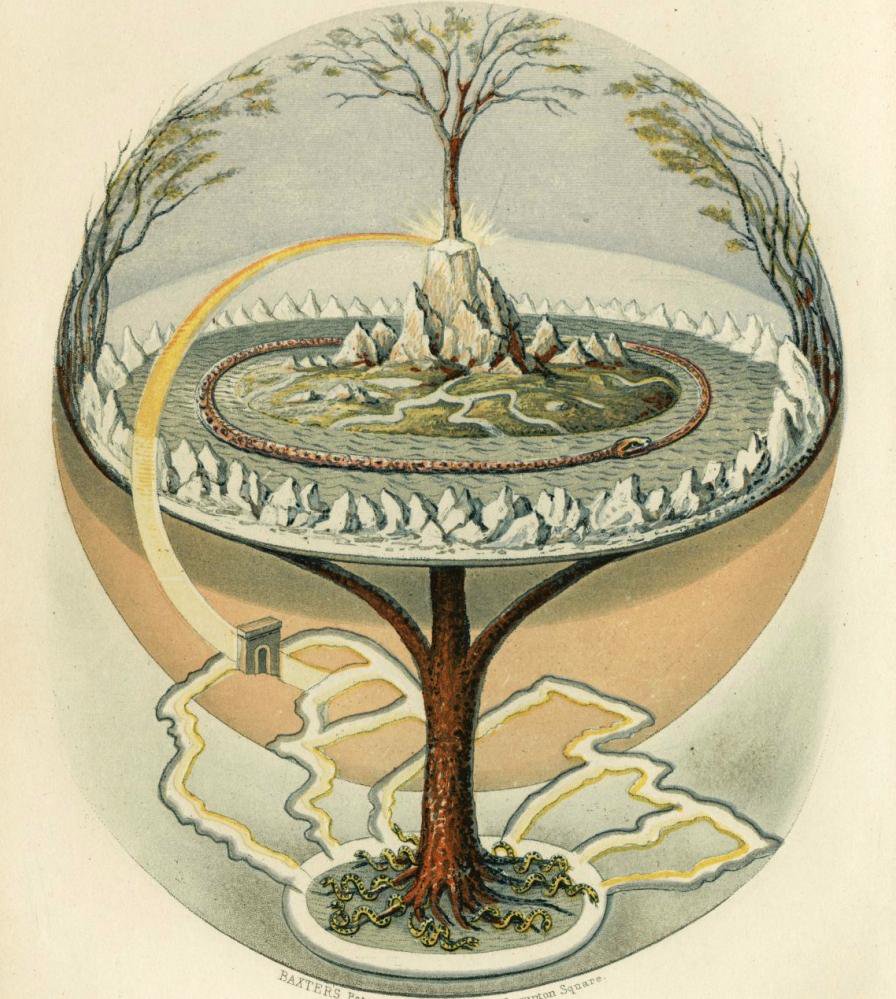
And that’s why you shouldn’t trust the reputable sources blindly. Many of them tend to distort facts when it suits their political agenda. The very systematic whitewashing of @Navalny by the media establishment is a good example
I’ll post a thread on the first week of Jan
I’ll post a thread on the first week of Jan
https://twitter.com/christogrozev/status/1609113192038543360
Consider a “good and balanced” account of @navalny politics quoted by Grozev. This is Masha Gessen’s article in the New Yorker. Notice how this reputable journalist is describing one of Navalny’s debut video clips:
“One was a forty second argument about gun rights”
Seriously?
“One was a forty second argument about gun rights”
Seriously?

Watch it yourself and make your own judgment on whether the “forty seconds argument on gin rights” description fits well to this video. You can make your own conclusions on the impartiality and trustworthiness of the quoted article
The established media do have a problem. We see them as an impartial “objective” institution, playing a fact-checker role. In reality though they often engage in political entrepreneurship, investing their capital (credibility) in hope of political returns
Supposedly impartial institutions that ought to provide society with verified facts may not be as impartial as we presume. They may be actively taking sides and actively distorting facts in favor of a side they have chosen
The reputable media allowed @navalny to get away with the most blatant, easily verifiably lies. See this interview with @albats. He denies "comparing immigrants with cockroaches", dismissing the (factually correct) criticism as Putinist propaganda
He's never been called out
He's never been called out
Do not trust the reputable media too blindly. They may not be always as objective as they claim to be. They too often act as the political entrepreneurs, taking sides, making reputational investments and expecting political returns. They may not be as impartial as we presume
Established facts are not necessarily established by the objective, impartial observers unaffected by the earthly interests and tribal biases. They may be often established by the players who have already made their stakes in a game. These stakes may be guiding their judgement
This may be true for the personal reputations as well. Some are being studied under a microscope. Others are given a blank check by the established media who simply refuse to call them out. Fortunately, now one can call them out directly, bypassing the institutional censorship
I'm going to publish a 🧵 on @navalny and the Russian "liberal opposition" on the first week of January
Happy New Year
Happy New Year
• • •
Missing some Tweet in this thread? You can try to
force a refresh







